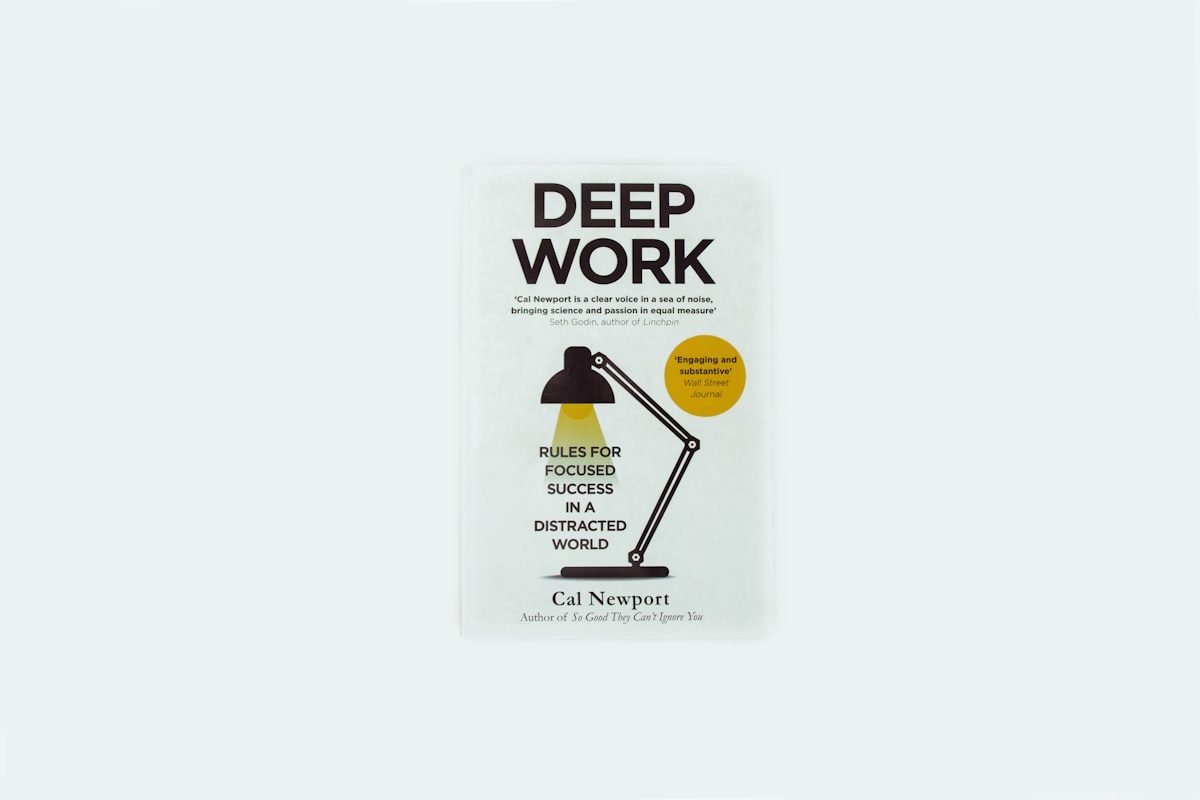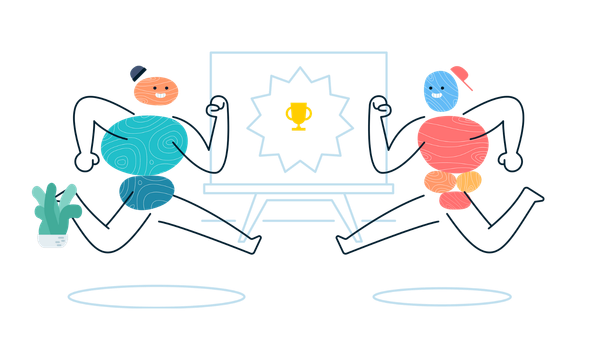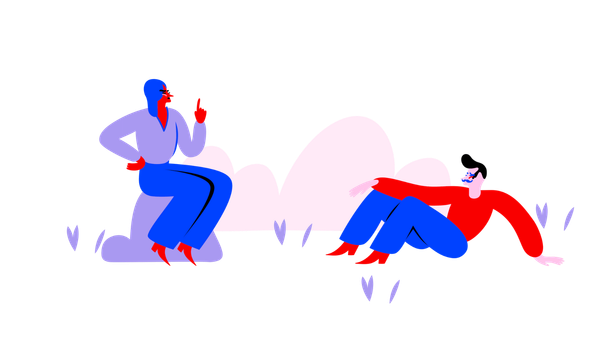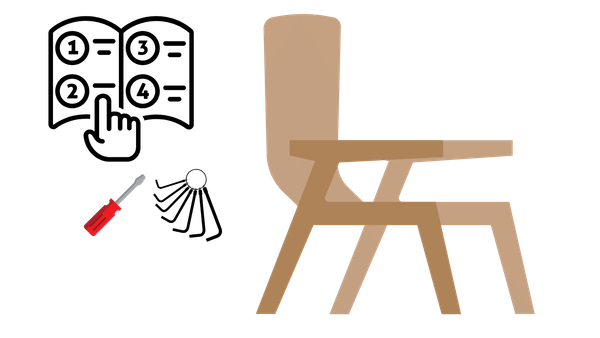A Review of Deep Work By Cal Newport

It’s funny to be writing a review of this book about deep work while sitting in an uber watching the driver check and fiddle with his phone every few minutes! Road safety issues aside, this highlights a very real problem we all face today we are constantly distracted in our digital always connected world. This new world is making all of us into social media addicts and our days are governed by incoming digital interruptions. It’s somehow especially worse for those of us who are knowledge workers where our whole world is ruled by email (and increasingly another attention grabbing tyrant called Slack). It’s in this context that Cal Newport makes a convincing argument for what he calls “deep work”.
The opposite of deep work is, of course, shallow work, Cal defines shallow work as:
“Shallow work: Noncognitively demanding, logistical-style tasks, often performed while distracted. These efforts tend not to create much new value in the world and are easy to replicate.”
And of course the opposite is deep work:
“Deep Work: Professional activities performed in a state of distraction-free concentration that push your cognitive capabilities to their limit. These efforts create new value, improve your skill, and are hard to replicate.”
He makes a solid argument that deep work is what will differentiate you from your peers in a knowledge economy and that making time for it in your day is increasingly important and hard to do.
Part one of the book is an argument for deep work and part two contains rules to incorporate more deep work into your life.
I found the case for deep work well made, well researched (he is a university professor) and compelling. I guess I already intuitively knew that this type of work was important and I need, even crave, to do deep work.
The second part of the book is essentially a set of rules or strategies to reduce shallow work and help increase your ability to make time for and do deep work.
There are some useful guidelines in the book, but at least from my perspective, I found it a bit more biased to those that are self-employed, creatives or working in academia (he is, after all, a professor). As a knowledge worker in a large fast moving company, I found many of his strategies a bit light for my context.
I would recommend that you read this book and perhaps, more importantly, doing more deep work and making it an integral part of your daily routine, I certainly will be working hard to do more deep work this year.
A slight digression, but alongside this book I recommend adopting a comprehensive system to manage your work such as Getting Things Done (more popularly known as GTD) by David Allen. I’m a big fan of his approach and adopted it after my existing system felt completely swamped by all the demands on my time. One year into embracing GTD I feel it’s benefits but still feel like a novice. Becoming a GTD ninja will take you time, keep going stage by stage in whatever system you use and don’t beat yourself up about it!
From my personal retrospective of 2016, I would like to have achieved more and not having (or rather making) enough time for deep work is an area I will improve on in 2017.



